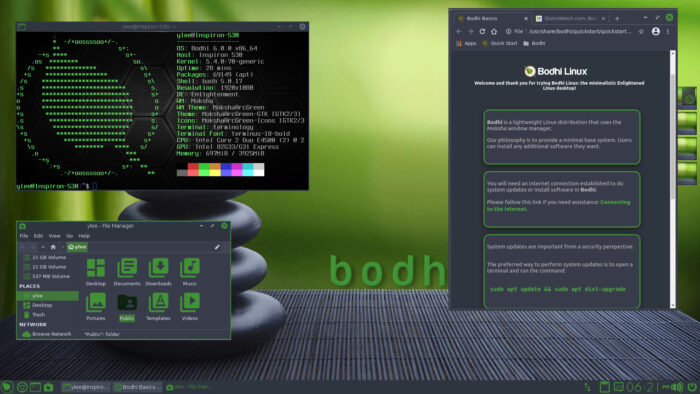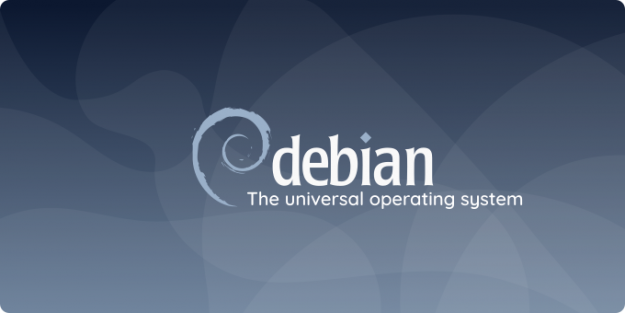On Tuesday, AlmaLinux announced that it has obtained FIPS 140-3 security certification for its Linux distro which is primarily used in data centers by enterprises.
Posts published in “Distros”
In this week's roundup we look at ZFS's return to Ubuntu as an install option (and why it was removed in the first place), how the Nigerian Prince is adopting AI for phishing, Linux Torvalds fabulous impersonation of E.F. Hutton, and more.
Currently an experimental project, Slowroll is a hybrid distro that seeks to meld the stability of a fixed release distro like openSUSE Leap with the advantages of a rolling release like openSUSE Tumbleweed.
The "test week," is for testing Linux kernel 6.5 ahead of the release of Fedora 39, and the "test day" is for testing changes made to Toolbx container software.
Armbian and Linux From Scratch both had new releases this week, and ReiserFS was back in the news. Also: news headlines that gave us a chuckle.
The cryptocurrency funded Brave Browser has a new proprietary AI assistant; new versions of Kali, KDE Gear, and LibreOffice; with changes on the way in The Document Foundation's versioning scheme.
New users of Bodhi Linux might be confused about which of the four available ISO images to use. We've got your back.
In the age of computers, 30 is a ripe old age. Happy birthday, Debian.
"I wanted to know about how the folks at Alma felt about the recently formed cartel that includes never to be trusted Oracle; SUSE, which is recovering from a case of Stockholm syndrome that was brought about by several decades of abuse by Novell and the other owners that followed; and Kurtzer's Rocky Linux, which might be a fox or might be a lamb, I haven't yet decided."
In this week's news roundup we look at the release of three Linux-based operating systems -- one focused on privacy, one on the desktop, and the third for going mobile.










